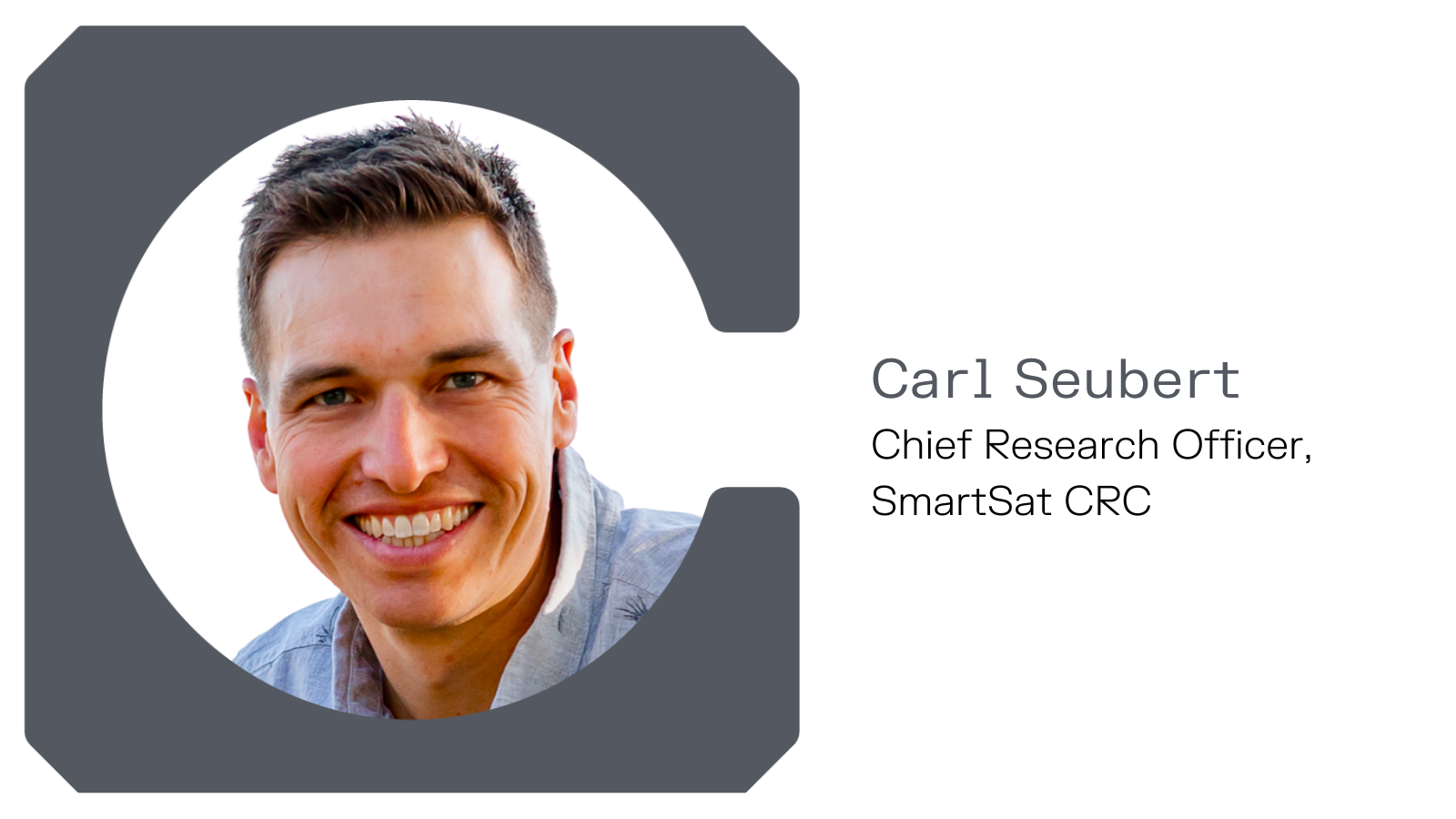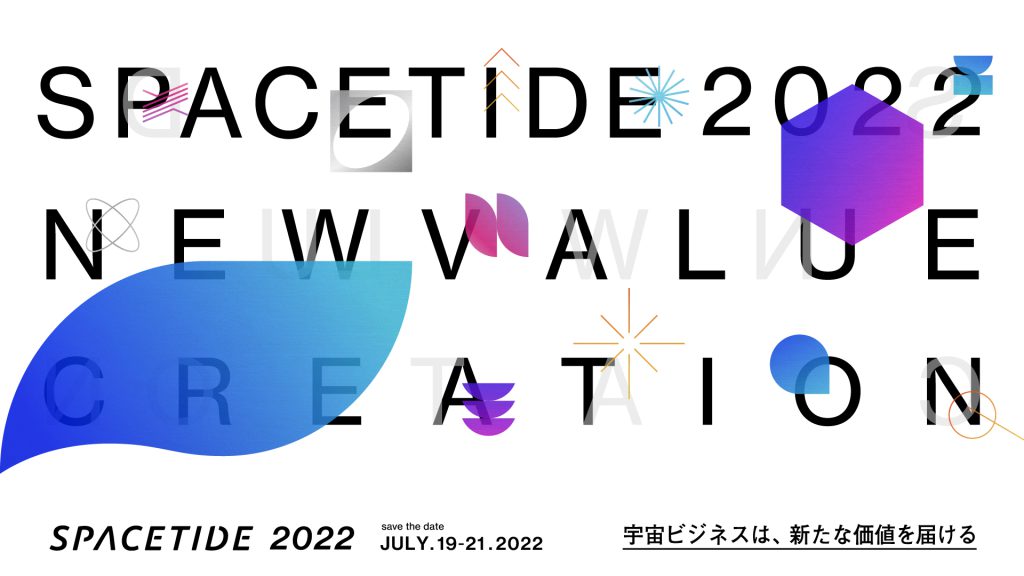Cicada Spotlight: Carl Seubert

We recently officially launched the National Space Industry Hub, and to celebrate sat down with one of the new members of the Space Hub, Carl Seubert. In our conversation below, Carl shares why he left NASA's Jet Propulsion Laboratory after 16 years, the key lessons he's learnt in his career and why he's excited about joining the Space Hub.
Tell us about yourself and your role at SmartSat CRC.I’m an engineer and a space nut. I’ve always had a passion for space technologies and what they enable in the pursuit of science and exploration. My role as Chief Research Officer is to drive the directions of the research and technology projects of our partners, explore collaborative and partnership opportunities and strive to maintain impactful and innovative outputs across the portfolio. An example of this is the architecting of our capability demonstrator missions to advance technologies and build capability. These give our partners and projects focus and ultimately enable operational missions that are of sovereign importance or address national-level challenges (e.g. Defence and national security, water quality, disaster resilience, and agriculture). At the end of the day, I’m a family man with 2 kids who loves the outdoors – my wife and I go hiking, biking, and exploring with them. After studying and working in the US for 16 years, what drew you back to Australia?Working at JPL (NASA Jet Propulsion Laboratory) was always my dream and I made that happen, and now my attitude control algorithms will be headed to Jupiter on the Europa Clipper mission. It was really challenging hanging up my NASA boots after almost a decade and I loved my time in the states, but the homeland was calling. A big aspect was to be close to family and be able to enjoy the lifestyle here with them. Career-wise, it really came down to the opportunities that are now emerging in Australia with the space sector blooming and the chance to use my experience to support that growth. It’s an exciting time in Australian space with momentum building, and it’s fun to be part of that.
What are 3 lessons you’ve learnt during your career?These are numerous, so I’ve focused on a few work-related ones:
What are the main challenges in the Australian space ecosystem that SmartSat CRC is aiming to solve?As a whole, we have fantastic ambitions, prosperous research pursuits, and amazing talent and drive and these are the key ingredients to creating a credible and lasting space capability that we all desire. While space is much more accessible now than ever, it is still challenging and it takes time to build the necessary experience base. That experience also aids translating research pursuits into space operational capability, which is the success we pursue. One way to tackle this is through collaboration and creating teams that bring their specialities together for a common and realisable goal. This is the approach taken by SmartSat with its project teams made up from its vast partner base across Universities, Industry, Government and Startups. Another important aspect is the need to concentrate our ambitions to ensure we execute success with the limited resources available. This is why SmartSat is focusing its research efforts toward the Capability Demonstrators to forge an impactful research and technology development campaign that can enable national missions.
What excites you about SmartSat’s upcoming residency at the National Space Industry Hub?Getting to directly interact with inspiring talent and exciting enterprises. I am continuously impressed by the depth and expertise of our partners and being at the hub will expand that network to more players as well as lead to interaction with adjoining tech fields. The ecosystem is undergoing accelerating landscape changes and innovative growth and the hub offers an opportunity to directly collaborate and engage in that activity. This is an indication of the commitment to space innovation and the potential that lays ahead for the nation, with a hub at the centre.
What are you currently reading, watching, or listening to that you would recommend to the Space Hub community?
Learn more about the National Space Industry Hub - visit the website. |


